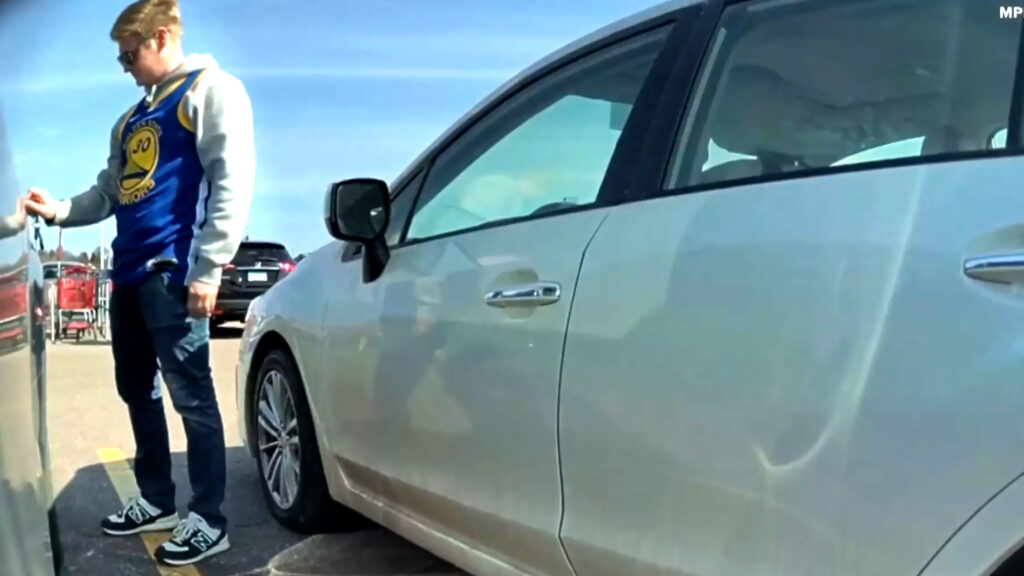Trouble in Minneapolis

Vandalism against parked Teslas has turned heads in Minneapolis, especially after a 33-year-old man found himself in the spotlight for damaging multiple vehicles. Downtown Minneapolis became the unexpected stage for this act of vandalism, which surprisingly resulted in no criminal charges against the culprit. Local law enforcement had hoped for a more severe penalty, yet the Hennepin County Attorney’s Office chose a different route by enrolling the man in a diversion program. This decision means he avoids prosecution by agreeing to reimburse the owners of the cars he damaged.
Costs and Consequences
The surveillance footage showed the man openly scratching six Teslas, resulting in around $20,000 worth of damage. As part of the diversion program, the vandal must cover the repair expenses, keeping him accountable without saddling him with a felony conviction.
Opinions Divided
Reactions to this decision have been varied. On one hand, the Hennepin County Attorney’s Office defended the choice, stating that it allows the perpetrator to maintain employment while repaying the victims. This approach, often used in property crime cases, aims to reduce repeat offenses by keeping individuals stable. Diversion programs are known for lower recidivism rates compared to traditional convictions.
Mary Moriarty, the District Attorney, emphasized how a felony record could destabilize a person’s life, possibly leading to job loss and housing instability, which in turn could increase the chances of future crimes. By choosing diversion over prosecution, Moriarty aims to prioritize restitution and public safety.
Pushback and Public Sentiment
Not everyone shares this positive view of the diversion program. Minneapolis Police Chief Brian O’Hara, representing his team of investigators, conveyed their disappointment over the lack of formal charges. The expectation was for a more definitive legal response, considering the extensive damage and the multiple victims involved.
Minnesota State Representative Kristin Robbins also called the decision “troubling and unacceptable,” echoing concerns from the public and highlighting the broader issue of rising vandalism against Teslas. Often, the frustration seems linked to Tesla CEO Elon Musk’s controversial public persona, which has led some Tesla owners to sell their vehicles or mark them with stickers to deter attacks.
Lessons and Reflections
While feelings about the decision are mixed, the broader question is how best to handle such matters of vandalism without tipping the scales against either justice or rehabilitation. Looking beyond this case, it’s clear that while some see the decision as too lenient, others see it as an opportunity to reform behaviors without the long-term consequences of a felony record. In any scenario, striking a balance between accountability and second chances remains the heart of the debate.
As the debate continues, one thing is certain: vandalism of private property cannot become a standard form of protest or self-expression. Accepting this principle ensures that future cases are handled in a way that respects both the law and community sentiments.
Tariff Impact Looms
Corvette's 2026 Revamp
VW Tops Tesla in Europe
Cadillac's Electric Edge
Hellcat Power Unleashed